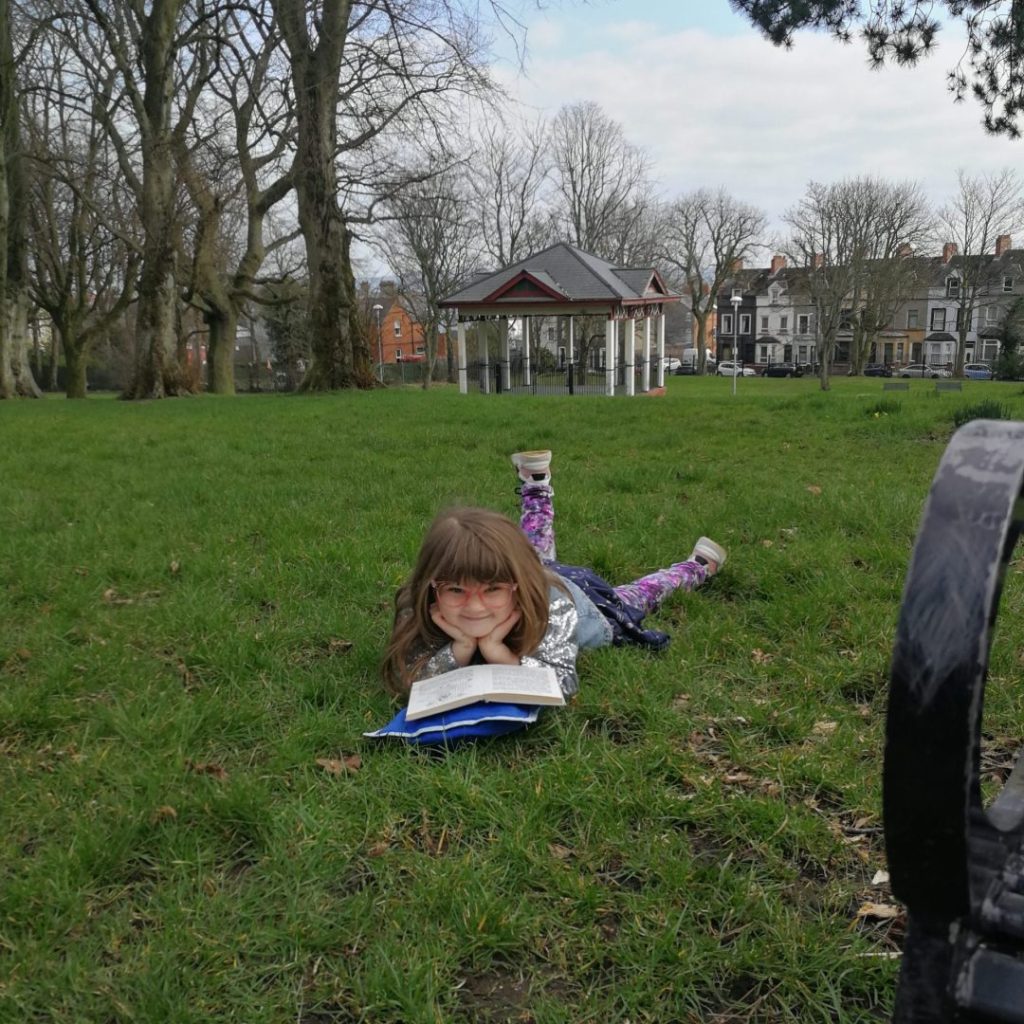In a world where traditional education can feel rigid and standardised, unschooling emerges as a refreshing alternative that celebrates a child’s natural curiosity and love for learning.
This educational philosophy, rooted in learner-directed education, is gaining momentum among parents and educators who seek a more personalised, flexible approach to learning. But what exactly is unschooling, and what does the research say about its effectiveness?
I first heard about this concept in the early days of researching Home Education. It seemed to pop up everywhere in books, social media, YouTube and even magazines that I picked up, such as The Green Parent and Juno.
In all honesty I kind of skipped over it as I never thought it would be a path for us. I did not understand how it could possibly work especially as I love to plan unit studies and create routines and schedules and everything I read pointed towards those being unnecessary at best and detrimental at worst.
In this blog post I will share what I discovered about Unschooling and provide you with some links to follow. Put simply unschooling means “not schooling” but as you will see it is not quite as simple as that.
This post contains affiliate links, which means Barefoot Bliss and Books make a small commission at no extra cost to you. See the full disclosure here.
What is Unschooling?
In a nut shell, Unschooling is a form of home education that mostly forgoes traditional curricula and timetables. Instead, it allows children to explore their interests at their own pace. This method is founded on the knowledge that children are naturally curious and capable of learning independently when given the freedom and resources to do so.
Unschooling emphasises real-world experiences, hands-on learning, and self-directed study, promoting an intrinsic love of learning rather than adherence to external standards. I stated that it unschooling mostly forgoes traditional curricula and timetables but in some cases that is how a child chooses to learn and if that is the case then that is their own individual learning path to select.
Learning happens all the time in every type of place.

The Philosophy Behind Unschooling
John Holt, an American educator and author, is often credited with founding the modern unschooling movement. In his seminal books “How Children Fail” and “How Children Learn,” Holt argues that traditional schooling stifles creativity and motivation.
Instead, he advocates for an educational system that respects children’s natural learning processes and encourages exploration and critical thinking. Another well known name in the self-directed learning arena is Peter Gray.
Peter Gray, author of the book “Free to Learn“, presents compelling research on how children learn best through play and self-directed exploration, rather than structured, adult-imposed education. Gray, a psychologist, draws on evidence from anthropology, psychology, and education to argue that traditional schooling often inhibits children’s natural learning instincts.
He demonstrates that when children are given the freedom to pursue their interests in a supportive environment, they develop critical thinking, creativity, and social skills more effectively. This aligns closely with the principles of unschooling, which emphasises child-led learning and the importance of fostering intrinsic motivation. Gray’s work provides a robust scientific foundation for unschooling, reinforcing the idea that children thrive when they are trusted to guide their own educational journeys.
Research on Unschooling
While unschooling is still a relatively niche practice, there is growing interest and research into its outcomes. Here are some key findings:
- Academic Achievement: Studies have shown that unschooled children often perform as well as, or better than, their traditionally schooled peers. They tend to develop strong reading and math skills through practical application and personal interest.
- Social Development: Contrary to the common concern that homeschooled children lack socialisation, research indicates that unschooled children often engage in diverse social activities. They participate in community events, sports, and other group activities, which can lead to well-rounded social skills.
- Life Satisfaction and Success: Long-term studies suggest that unschooled individuals are generally satisfied with their education and achieve success in various fields. They often pursue careers aligned with their passions and report high levels of life satisfaction. If you are interested in interviews with grown up unschoolers then check out this collection.
Benefits of Unschooling
- Personalised Learning: Unschooling allows education to be tailored to each child’s interests, strengths, and learning style. This individualised approach can foster a deeper understanding and retention of knowledge.
- Flexibility: Without a fixed curriculum, unschooling families have the freedom to travel, explore diverse subjects, and integrate learning into everyday life. This flexibility can enhance a child’s educational experience.
- Intrinsic Motivation: By allowing children to pursue their interests, unschooling nurtures intrinsic motivation and a lifelong love of learning. Students learn because they want to, not because they have to.
Challenges of Unschooling
- Parental Involvement: Unschooling requires a significant time investment from parents, who must facilitate and support their child’s learning journey. This can be demanding and may not be feasible for all families.
- Resources: Access to diverse learning materials and experiences can be limited by geography and finances. Parents need to be resourceful in providing opportunities for their children.
- Legal Issues: Homeschooling laws vary widely by country and state, and unschooling may not be recognised or permitted everywhere. Families must navigate these regulations carefully.
Resources for Unschooling
If you’re interested in exploring unschooling further, here are some valuable resources:
Books on Unschooling:
- How Children Learn by John Holt
- Free to Learn by Peter Gray
- Read my review on Home Grown by Ben Hewitt where readers are taken on a journey into the world of unschooling, homesteading and self-sufficient living.
Websites on Unschooling:
- John Holt GWS – Dedicated to the works and philosophy of John Holt.
- Unschooling.com – A comprehensive resource for unschooling families.
- The Alliance for Self-Directed Education – Promotes and supports self-directed education, including unschooling.
Conclusion
I have by no means examined every facet of unschooling in this blog post, as I said at the start unschooling is not as simple as just “not schooling”. Every family, and in fact every child, will have a different approach to learning. Life is Learning!
What I can say is that Unschooling offers a unique approach to education that prioritises a child’s natural curiosity and passion for learning. While it presents certain challenges, the benefits of a personalised, flexible education can be profound. As more families explore this path, the body of research supporting unschooling continues to grow, highlighting its potential as a viable and enriching educational option.
For those considering this journey, abundant resources and communities are available to provide support and guidance. By embracing unschooling, families can cultivate a lifelong love of learning and prepare their children for a future defined by creativity, adaptability, and self-motivation.

[…] Unschooling: A form of home education that emphasises learning through life experiences, play, and natural curiosity rather than a formal curriculum. Find out more about Unschooling a path to lifelong learning. […]